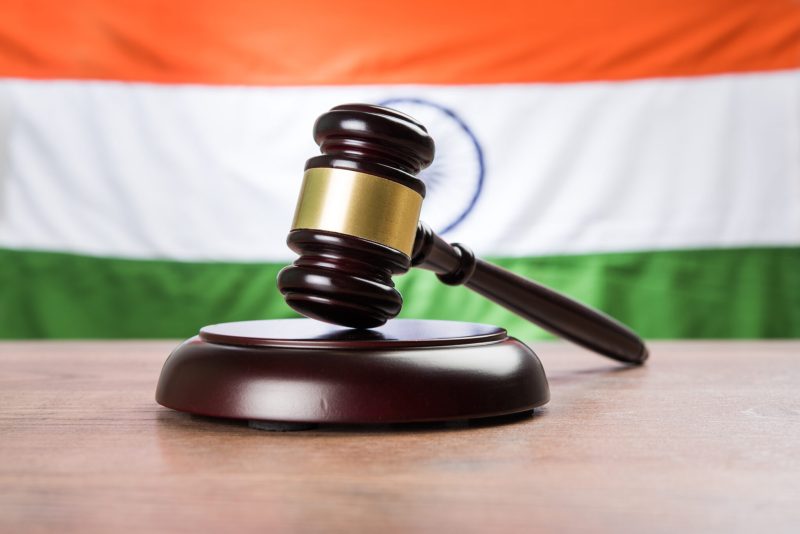In a landmark ruling, the Orissa High Court in India has determined that mere transacting in cryptocurrencies does not constitute illegal activities under existing financial laws. The court, led by Justice Sasikanta Mishra, granted bail to two individuals accused in a fake cryptocurrency MLM scam.
Key Ruling Details
On June 12, the Orissa High Court in Odisha province ruled that encouraging people to invest in cryptocurrencies does not amount to any illegal activity. This decision came while granting bail to two individuals arrested for allegedly running a Ponzi scheme that lured investors to put money in Yes World Token through a trust wallet.
Implications for Crypto in India
This ruling has the potential to reshape the cryptocurrency landscape in India, which has been fraught with skepticism from the central bank and government. Although India has not recognized crypto assets as legal tender and has imposed a 30% tax on crypto earnings, the crypto community is hopeful for regulatory relaxations. The third term of Prime Minister Narendra Modi and the second term of Finance Minister Nirmala Sitharaman may see more favorable crypto regulations.
Court’s Observations
Justice Mishra’s ruling emphasized that the accused were merely attempting to convince the public to trade in Yes World Token and there was no evidence of dishonest inducement or money transfer to the accused. This distinction was crucial in dismissing charges under Section 420 of the Indian Penal Code (IPC), which pertains to cheating and dishonest motives.
“The accused can only be said to have attempted to convince members of the public to trade in cryptocurrency – Yes World Token. There is nothing on record to show that they had dishonestly induced any person to deliver any property to them. In other words, there is no evidence whatsoever of any money being transferred from any person to the accused,” observed Justice Mishra in his judgment.
The court also clarified that charges of forgery (Sections 467/468/471 of IPC) were unsubstantiated, as there was no evidence of document falsification or manipulation.
Also Read: Binance Registers with Financial Intelligence Unit in India
Future Impact
India has consistently called for a global regulatory framework for emerging Web3 technologies, such as blockchain and decentralized applications. The recent Orissa High Court ruling is expected to be used as a precedent by pro-crypto advocates in future legal cases related to cryptocurrencies in India. The Indian crypto community sees this as a positive development and a potential turning point for more favorable crypto regulations.
The Orissa High Court’s decision to grant bail in the fake cryptocurrency MLM scam case marks a significant moment for the Indian crypto sector. By ruling that transacting in cryptocurrencies does not inherently involve illegal activity, the court has provided a hopeful precedent for future legal considerations regarding cryptocurrencies in India.
